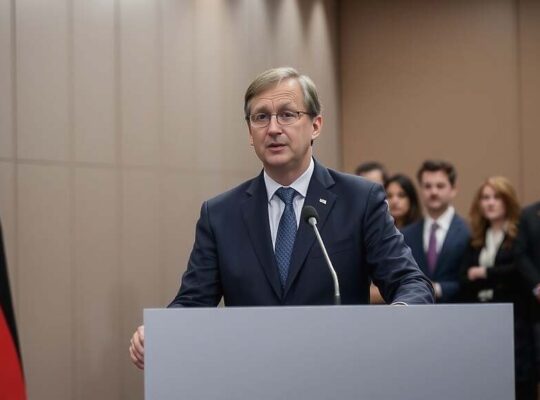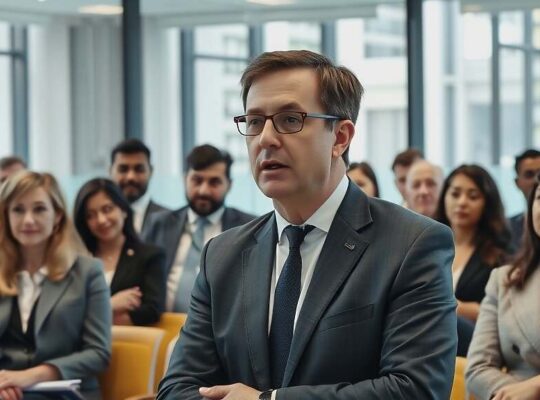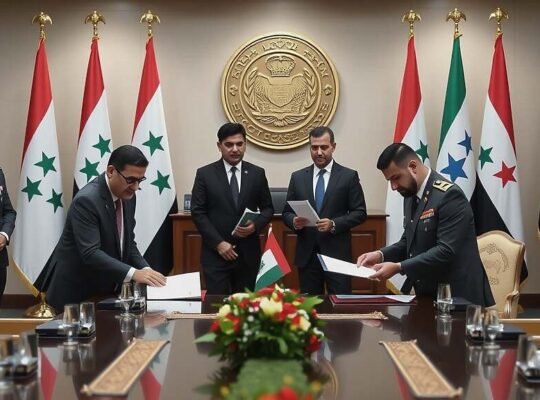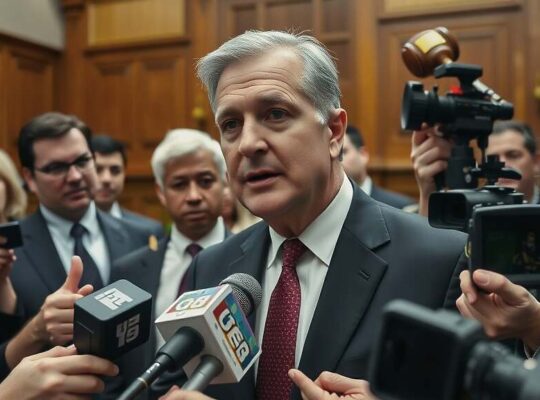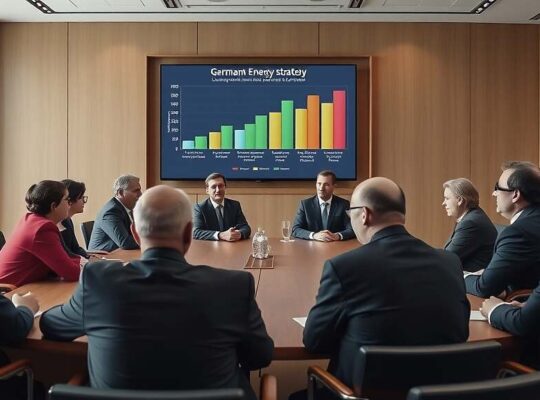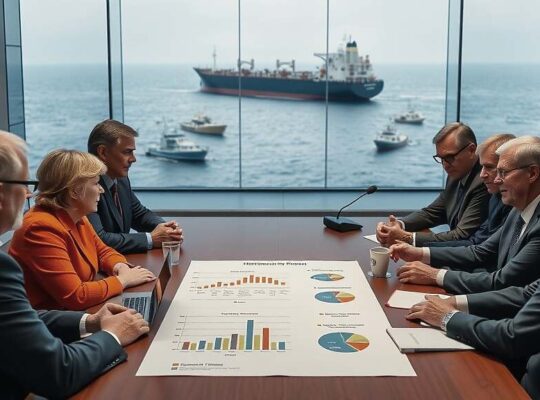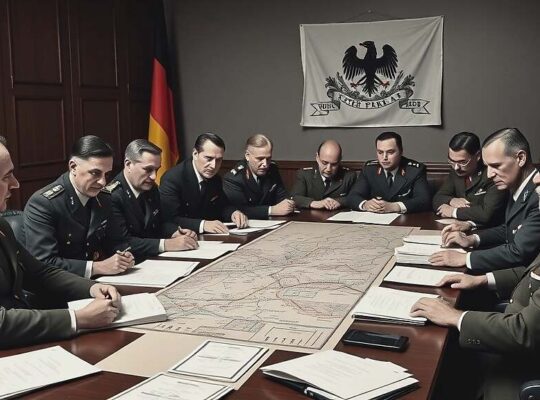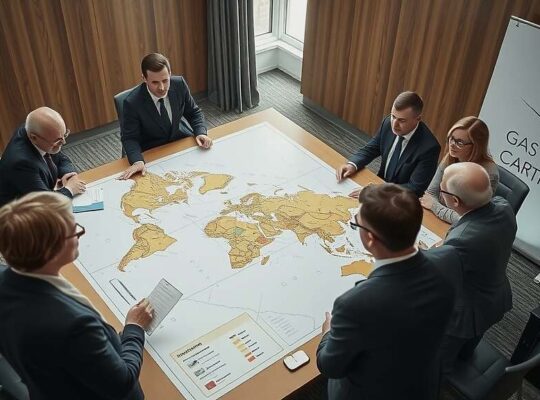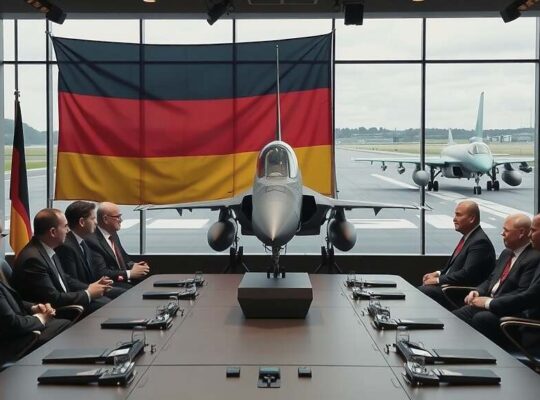German domestic intelligence chief Sinan Selen has publicly stated that Russia is actively attempting to influence German politics, characterizing the effort as a deliberate campaign to foster an environment where authoritarian and autocratic ideologies gain prominence while undermining the support for liberal democratic values.
Selen, in a recent interview, detailed how Russia’s influence operations extend beyond simply manipulating public sentiment. He asserted that the Kremlin is directly targeting political decision-makers, observing a concentrated effort to establish connections with individuals and factions operating on the political fringes – both on the left and right of the spectrum. These efforts, he indicated, are predicated on the belief that such relationships can be leveraged for strategic advantage.
The core objective, according to Selen, involves promoting and normalizing Russian narratives while simultaneously questioning and destabilizing Western democracies. This concern has been amplified recently by Thuringia’s Interior Minister, Georg Maier, who has accused the Alternative for Germany (AfD) of engaging in espionage on behalf of Russia, allegedly utilizing parliamentary mechanisms known as “small inquiries” to facilitate communication and information gathering.
Selen emphasized that German security agencies are now navigating a significantly altered threat landscape, one characterized by the simultaneous emergence of multiple, complex dangers. He highlighted the continued risk of international terrorism alongside the escalating threats of hybrid warfare – encompassing espionage, sabotage, cyberattacks and even, alarmingly, kinetic operations, described as “assassination operations.
The confluence of these threats presents a formidable challenge to the Federal Office for the Protection of the Constitution (BfV), a situation Selen acknowledged requires a nuanced and adaptable response. While cautious about claiming to be a “multitasking” operative, he expressed confidence in his ability to maintain oversight and strategic direction based on decades of experience in counterintelligence.
Selen’s starkest assertion underscored the immediacy of the threat: Russia is actively engaged in hybrid warfare against Germany. He stressed that this is not a theoretical risk to be anticipated, but an ongoing reality with tangible consequences that German authorities are already confronting. This declaration signals a heightened level of concern within the intelligence community and will likely fuel debate regarding Germany’s security posture and its relationship with Russia.




